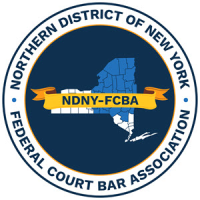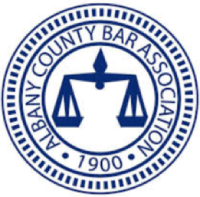3 worker actions that could lead to employer retaliation
Numerous state and federal laws protect the rights of employees. Workers in New York shouldn’t have to worry about discrimination or an unsafe work environment. Various statutes establish standards for employment conditions and protect the rights of workers to assert themselves.
Unfortunately, employers do sometimes decide to take punitive actions against workers who have engaged in appropriate and even protected workplace activities. Employment retaliation is a violation of federal and New York state laws.
Companies should not punish workers for knowing and using their rights. Despite rules against retaliation, companies often do punish workers who engage in certain behaviors. For example, the following types of employee conduct have a strong association with employer retaliation.
Reporting harassment
Businesses have an obligation to treat workers equally regardless of their race, sex, age and medical condition. There are a host of protected characteristics that should not factor into someone’s job opportunities. Employers also need to ensure that workers don’t face misconduct from their co-workers because of these protected characteristics. Unfortunately, workers who report harassment may find that the company punishes them instead of holding the party engaging in harassment accountable for their misconduct.
Requesting unpaid leave
The Family and Medical Leave Act (FMLA) is a federal statute protecting workers in difficult situations. When someone has a child, experiences a medical issue or needs to support a family member with a medical challenge, the FMLA protects their employment. Workers can take up to 12 weeks of unpaid leave if their employment record and the company meet certain standards. Although workers should be able to come back to their jobs without any penalties, employers sometimes fire or demote workers who request FMLA leave.
Acting as a whistleblower
Sometimes, a worker recognizes that a manager instructed them to do something illegal. They might then notify someone else at the company of the issue out of concern for how illegal activity could affect the business. Other times, workers might actually report illegal activity to regulatory authorities. Acting as a whistleblower by drawing attention to illegal company conduct is a protected activity. Employers should not terminate or otherwise punish workers who alert others to misconduct at the business.
Retaliation can range from demotions to termination. Workers who understand that their actions might trigger retaliation can potentially document their communications with their employer or regulatory agencies and hold the company accountable for retaliating. Understanding what conduct has protection under the law may help employees assert themselves. Those who recognize that a business has done something inappropriate can potentially take action to get their jobs back or to obtain compensation for the misconduct that they’ve experienced.





